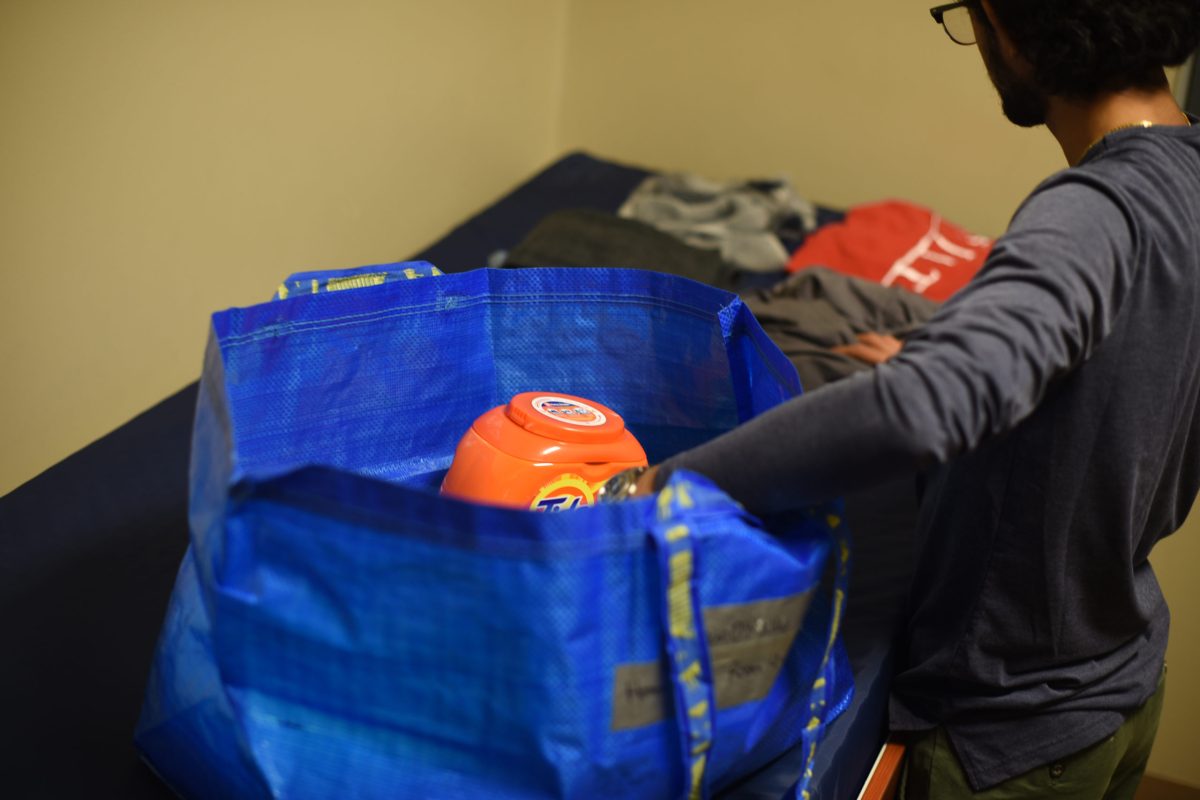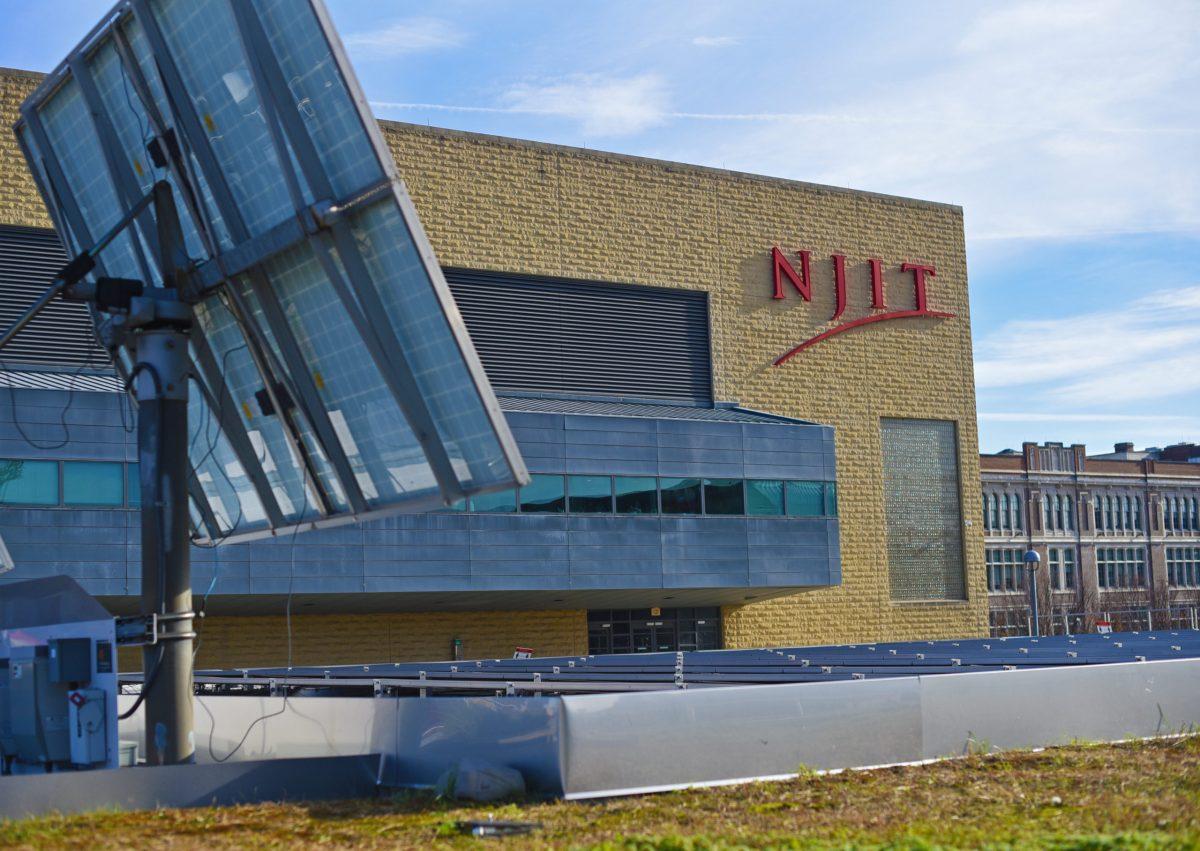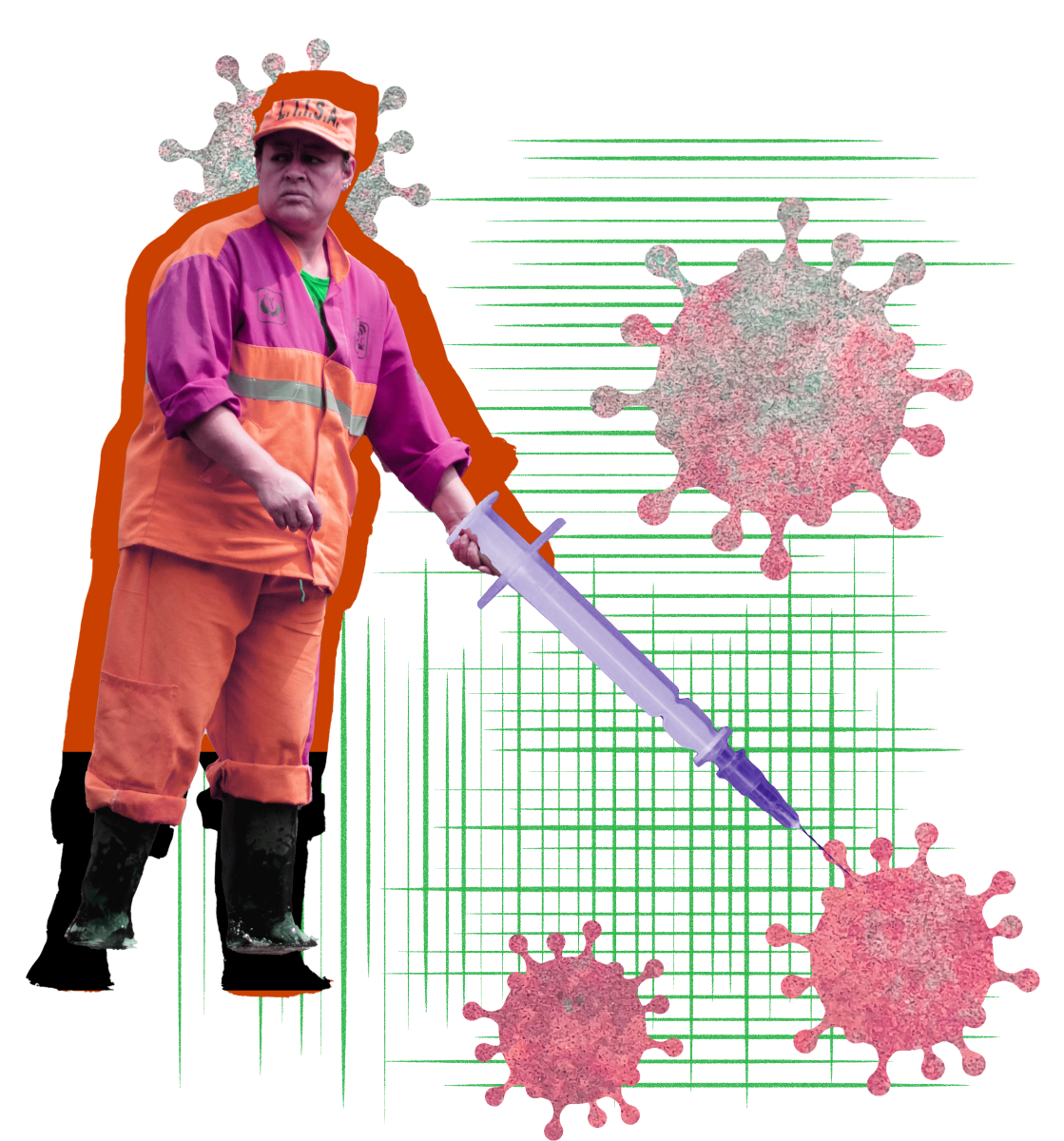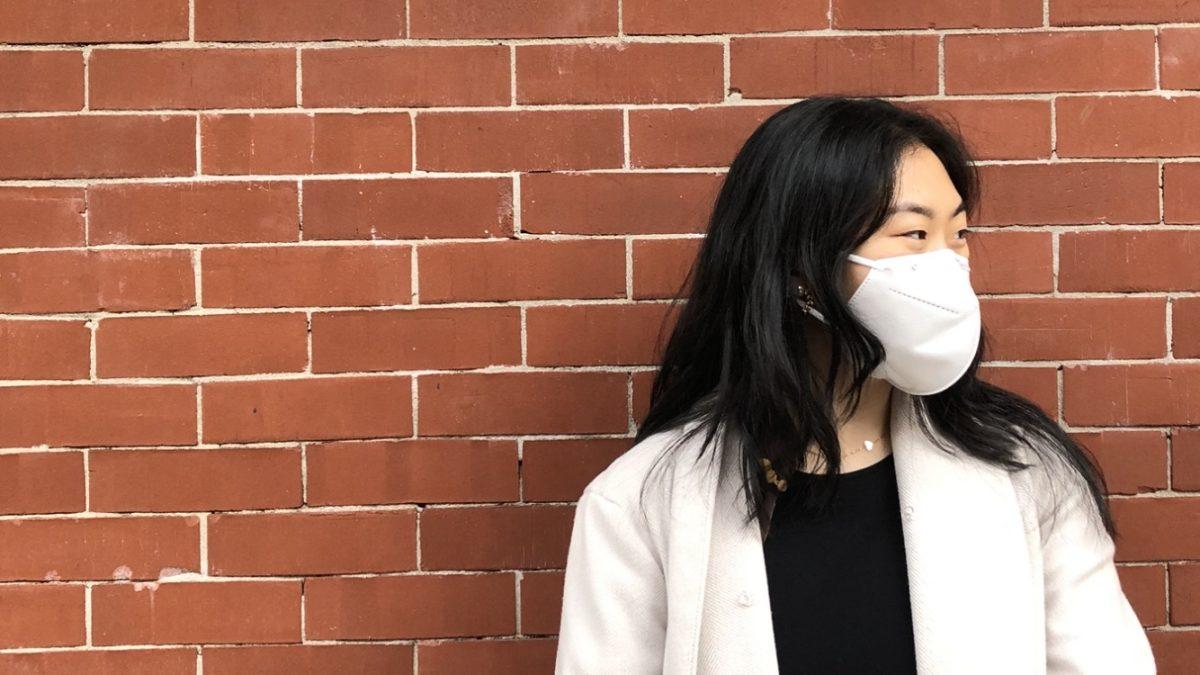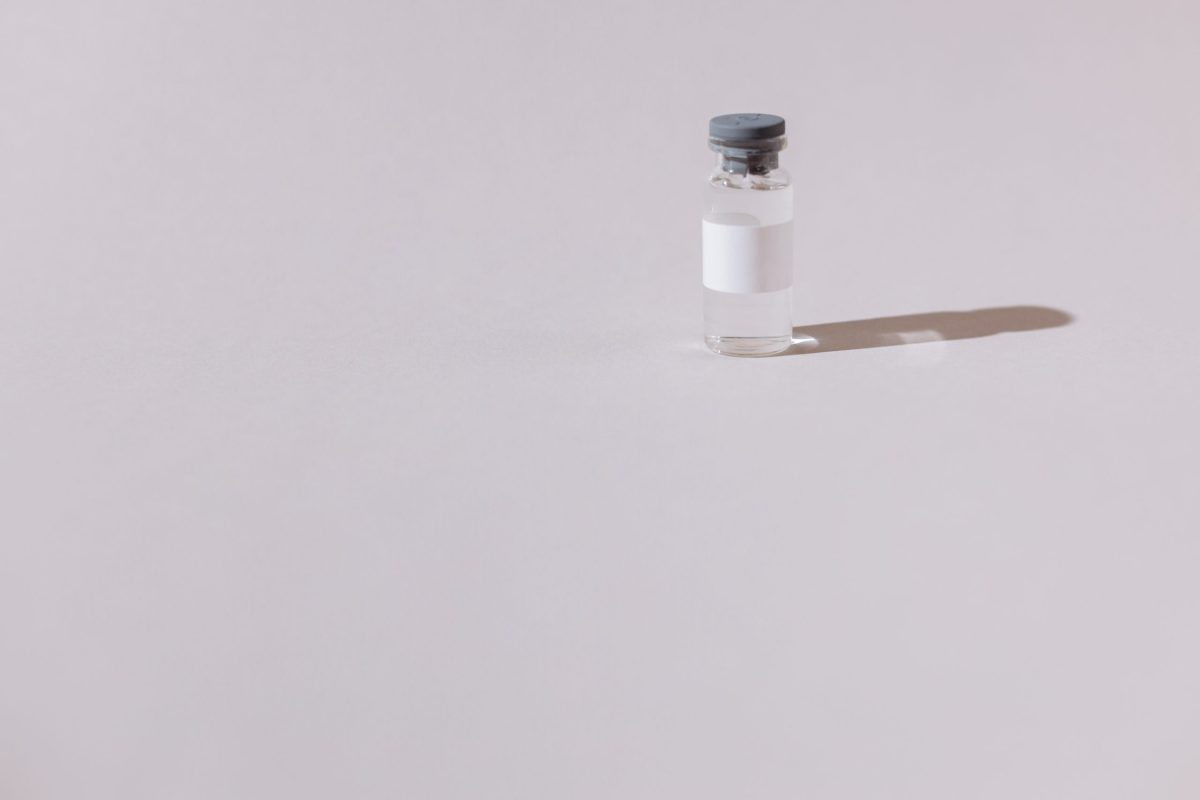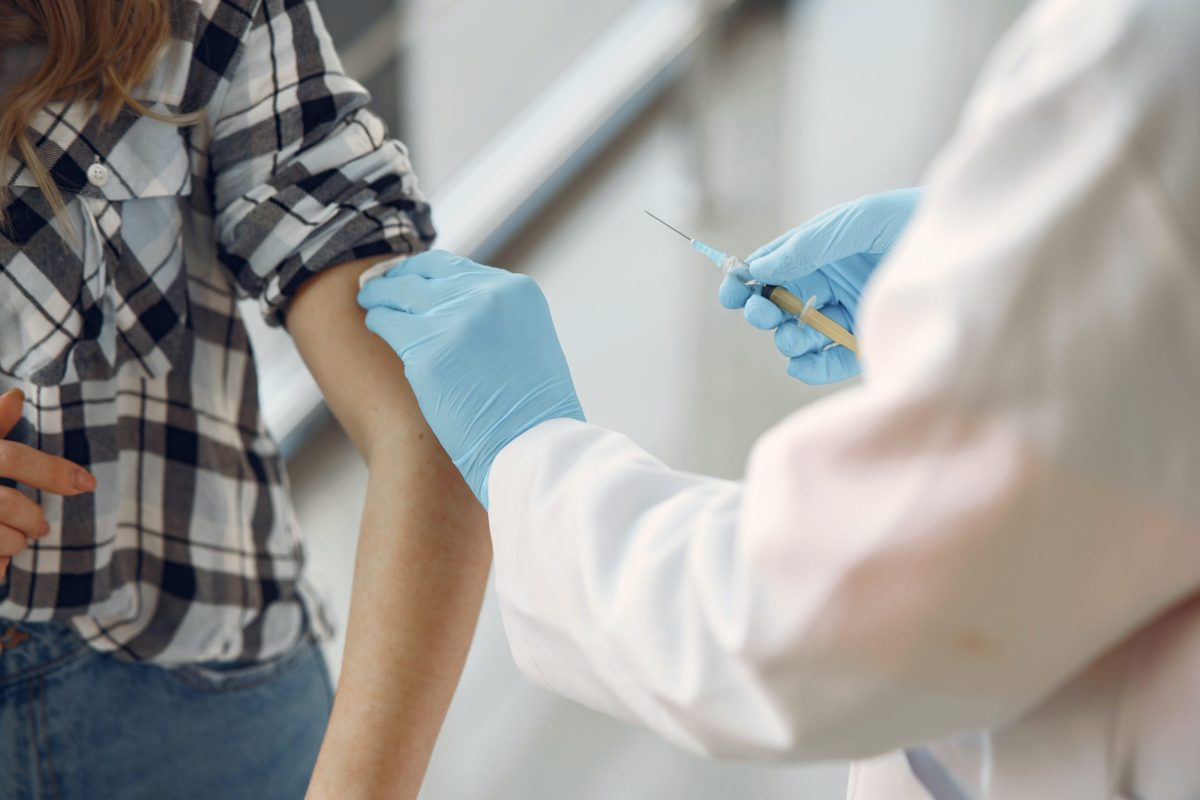After a rapid rise in positive COVID-19 cases on-campus, the NJIT community was recently made aware of the decision to transition to fully remote instruction beginning Nov. 25. With this transition, students previously attending converged classes in person would be required to attend all classes online instead.
According to NJIT’s Pandemic Recovery website as of Nov. 24, the campus has experienced 67 cases, up from 31 only two weeks earlier. Additionally, NJIT is experiencing increased viral loads being detected in the wastewater of Cypress, Laurel and Redwood halls, as outlined in a Nov. 20th summary of wastewater testing results. Per NJIT’s Variables for Operational Change, a series of guidelines that determine how the university responds to COVID-19 cases, NJIT has passed the threshold of 30 new cases per day per 100,000 (0.0003) required to cease in-person instruction, reaching a value of 0.00071.
This sudden rise in new cases coincides with a greater trend in the state of New Jersey, which has seen new cases per day nearly double in the same time period. Newark has suffered particularly high surges in COVID-19, with positivity rates surpassing 19%, and up to 41% in Newark’s East Ward as of Nov. 22. The City of Newark soon issued a 10-day stay-at-home advisory from Nov. 25 to Dec. 4.

With mounting worries and concerns for safety, students are considering moving back to their families’ homes for the near future. Mohammed Younis, third year biology student, has a strong preference to stay on campus. “It’s easier being on campus because you’re living alone and don’t have to worry about space at home. I thought staying on campus would make it easier to study and focus on my exams.”
However, after coming in contact with a student that had contracted COVID-19, Younis became less sure. One week after his encounter with the student that had tested positive, the Dean of Students had asked Younis to quarantine until he returned a negative test result. “They were kind of late with that response, I think.”
After returning a negative test result, Younis was informed that he had to carry out his quarantine in a different room on campus for an additional two weeks. “This was even after I was in contact with the person a whole week prior,” he said. “Apparently it’s protocol to quarantine for another two weeks even if your exposure was incredibly minimal. It’s a good thing to be honest, but I feel as if it should come on a case-by-case basis… It didn’t make sense to me, so I asked them, would it be okay for me to continue out my quarantine at home instead for the remainder? I decided then and there I probably would not come back to campus. There’s no need to be on campus because my classes are all online.”
“I was also getting the feeling that NJIT was not as safe anymore,” Younis continued. “The number of cases I had heard about through word-of-mouth was a lot, I was hearing this person got quarantined, that person got quarantined, this building, etc. I thought maybe it’s just better for me to go home and stay safe here instead.”
Like several others, Younis has also noticed signs of pandemic fatigue on campus. “I felt like it was very safe at NJIT initially… but as the semester started progressing, I realized people were getting less and less afraid, if that makes sense. I will give NJIT 100% credit for enforcing guidelines where they could, but the students themselves have been getting away from this attitude that ‘it’s still a pandemic’ and people are still getting sick, and that cases are still on the rise. People seem to have completely forgotten that, and they think, ‘oh, we’re back at college? Then I guess we’re just back in college now.’”
“I also have an issue with how minimally they’re testing,” Younis said. “I would like if maybe every other week or even every week they were testing each person for COVID-19, instead of randomly selecting people. I’ve heard a lot of people saying that they don’t like the nasal test because it’s so painful, so they’ve been avoiding testing in the first place… I would like to come back. I would come back if cases decreased again. I know people are kind of wary about the vaccine, but if a vaccine was clinically proven and approved, and NJIT enforced students to get it, I probably would come back, even if we don’t know the long-term effects.”
Second year construction engineering technology major William Brevdeh shared Younis’s preference to stay on campus. He said that he enjoyed his stay at NJIT, particularly because of his ability to attend classes in person, to see friends and to have more freedom than he would at home. However, with rising cases, Brevdeh decided to leave campus last week due to preexisting health conditions that would put him at risk. Brevdeh said he would be willing to return to campus if “the number of cases start to drop again or when a vaccine is made.”
Of course, some residents make no plans to return home or have no hesitations about staying on campus. Caroline D’Souza, fourth year biomedical engineering student, says that “I think both staying home or on campus are relatively safe. The school’s doing a great job with testing everything as quickly as possible, and there don’t seem to be any large gatherings on campus.” Although D’Souza has not attended any classes in person, she says that living on campus provides the added benefit of “high-speed WiFi that drops out less frequently than it does at home, and the rooms are pretty quiet compared to those at my house, so I thought it would be better for me to stay here, especially during finals.”
With the upcoming holiday season, NJIT administrators are hoping that residential students will be able to take the proper precautions and foresight when meeting with family members this Thanksgiving weekend. Complimentary testing has been expanded in the past week to allow students to test themselves before returning home.
Regarding the possible shutdown of residential halls should cases rise considerably among residents, such variables of operation are similarly highlighted. Co-chair of the Pandemic Recovery Steering Committee Andrew Christ said the following courses of action for dormitories “would all come into play based on the variables of how the spread has occurred. Obviously, we are conscious of individuals who are more comfortable with living here on campus than in other circumstances. We want to make sure we are taking care of those individuals. So residence halls may not necessarily close, but students may be quarantined, we may have to reduce density or we may have to recommend that if people can go home that they should go home.”
























